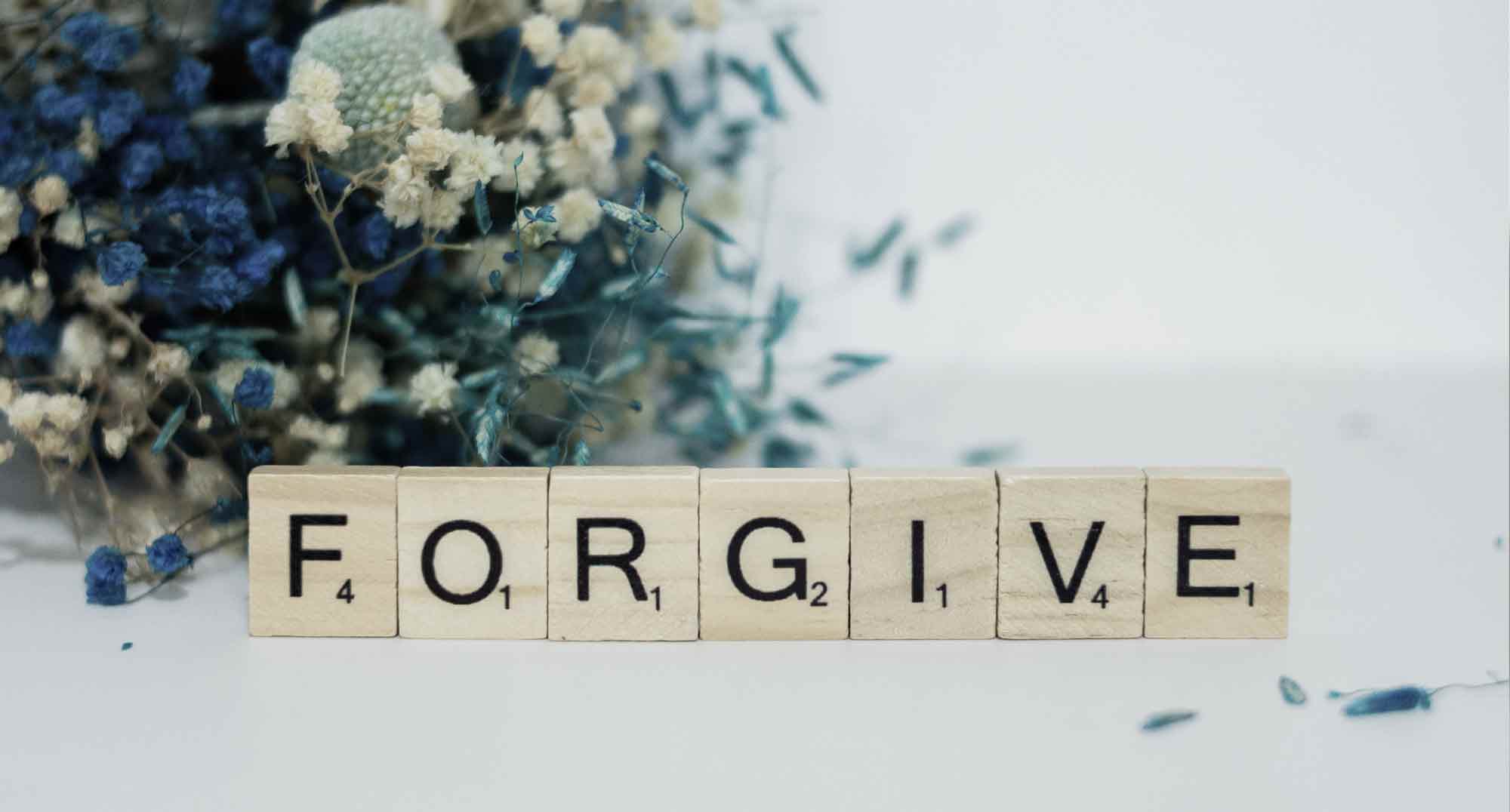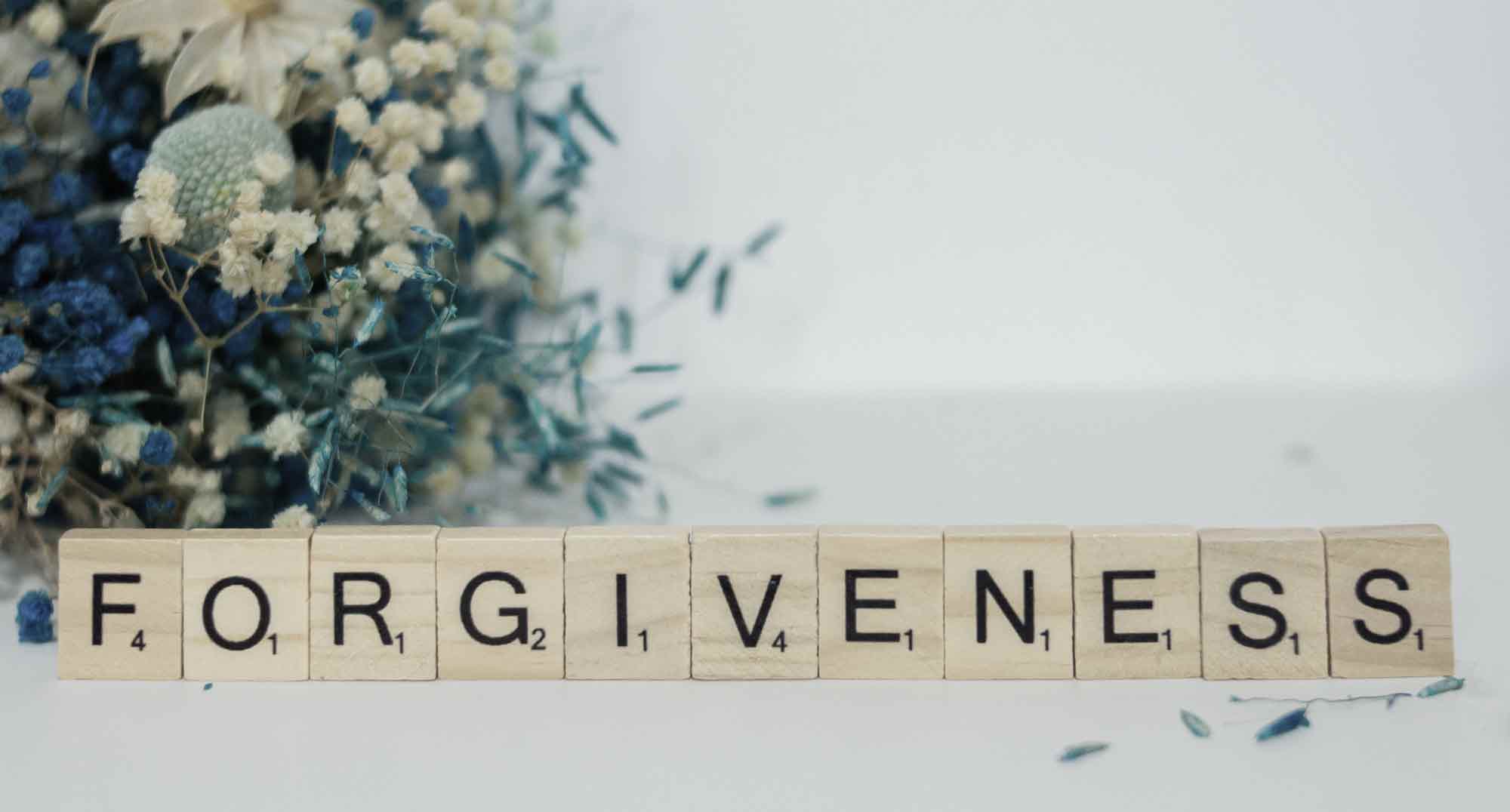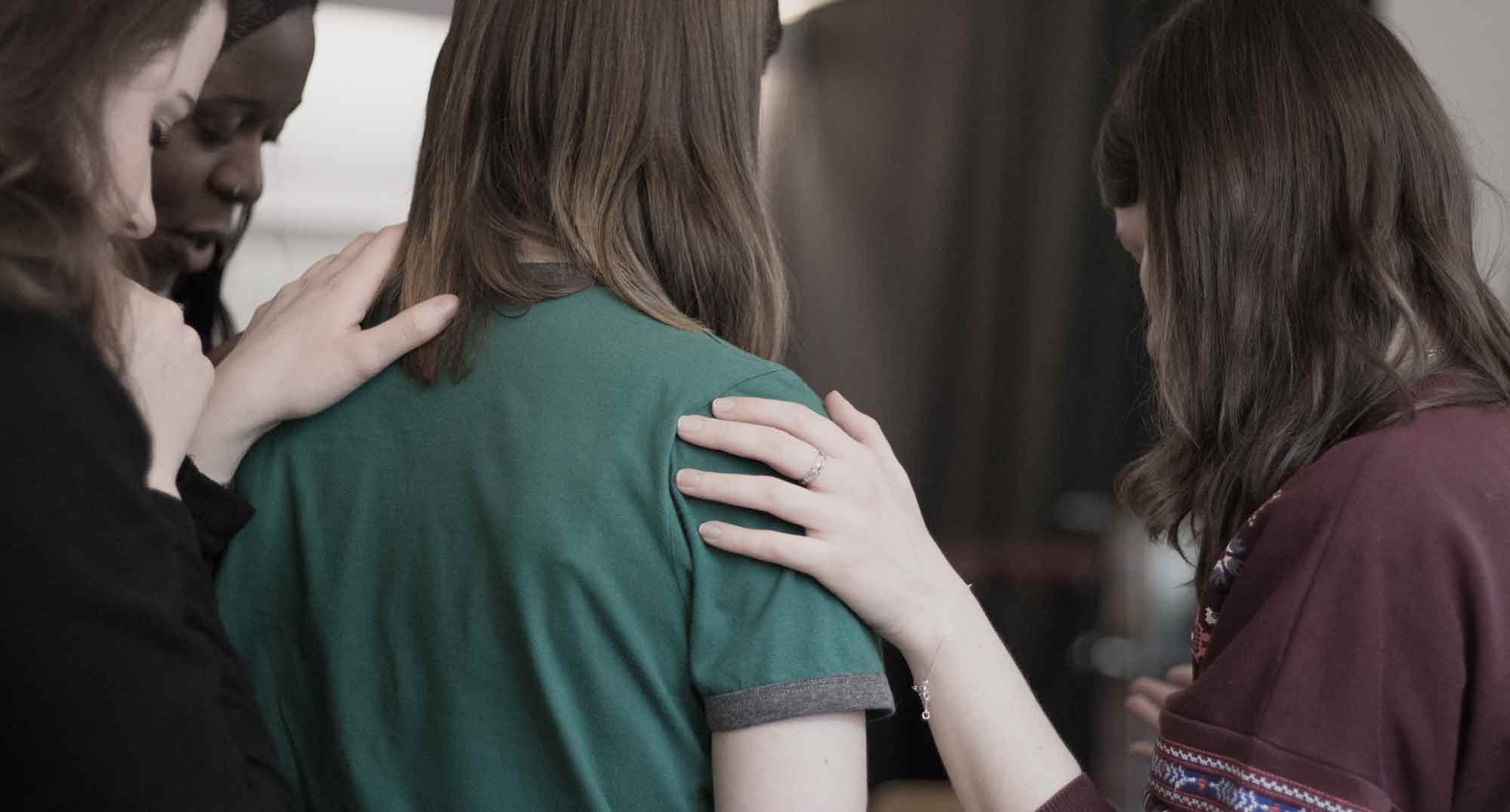The Blessings That Come With Forgiveness
LEAH JONES | GUEST “Birds fly. Fish swim. Christians forgive.” My husband made this statement in a sermon on forgiveness a few weeks ago and it resonated with me. With all the authority and confidence that could only be rooted in Scripture, he proceeded to explain how forgiveness is as necessary to the Christian as breathing. If forgiveness is free, good, and necessary, then we should be quick to forgive. There should be no withholding it. In The Miracle of Forgiveness, C.S. Lewis speaks of forgiveness as mortifying our resentment. It’s a practice we have to set on repeat. In fact, we may have to walk the same path of forgiveness 490 times (see Matt. 18-21). Forgiveness is a journey with many steps along the way—so we may as well get started. As I’ve studied and meditated on forgiveness, here are four things I’ve learned: #1: Forgiveness is Mandatory We must forgive. It is never optional. A lack of forgiveness settles in and festers. Bitterness takes root and anger turns to rage; hurt morphs into hatred. We begin to only see the difficulty in life and miss God’s goodness. Hebrews warns us to remember the grace of God, “lest the root of bitterness rise up” and cause great destruction (Heb. 12:15). These ramifications never stay isolated to one relationship. They creep in unnoticed and wreak havoc throughout our relational landscape...










